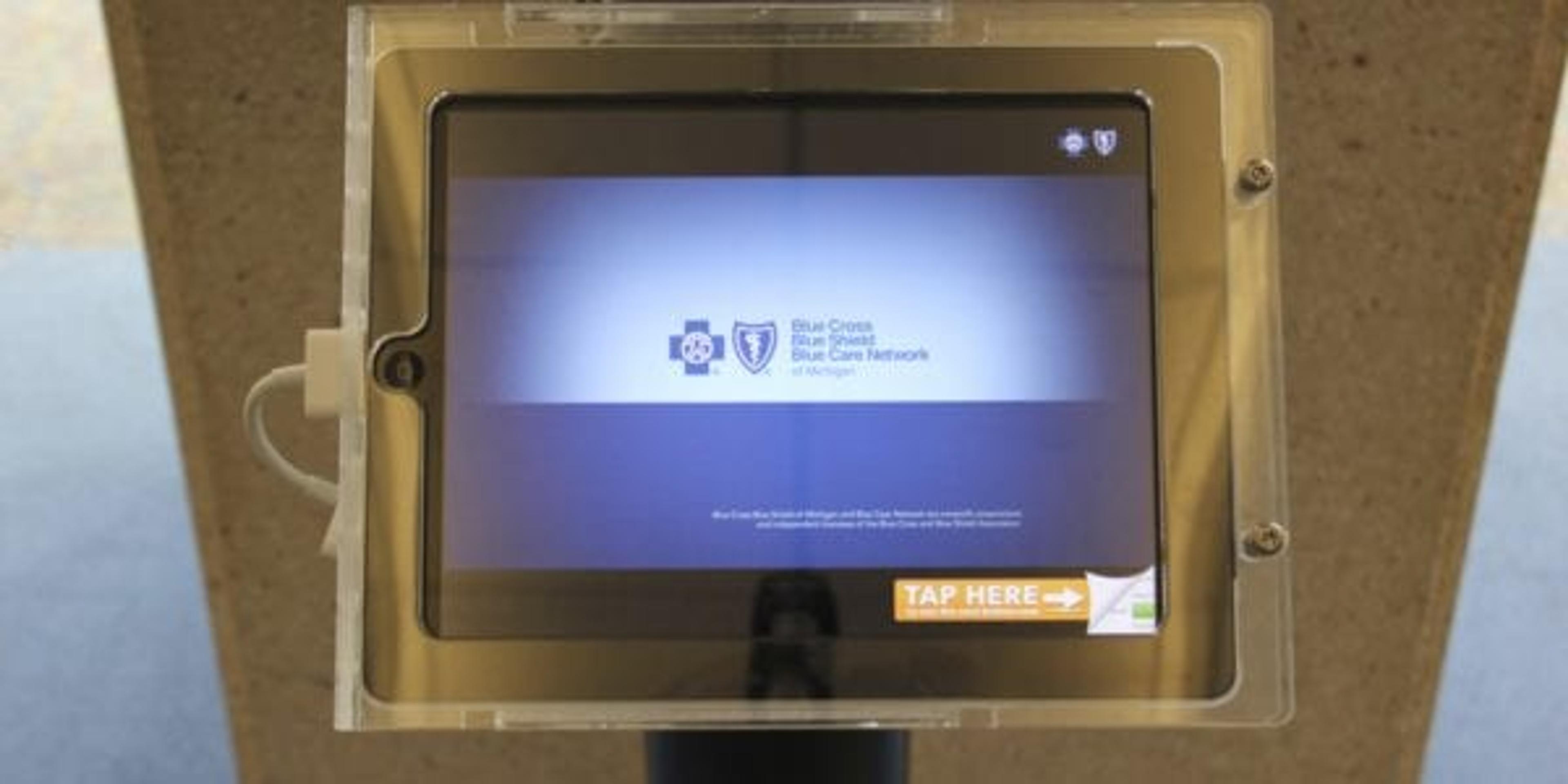Do you know the difference between high blood sugar and low blood sugar?
Registered Dietician
| 3 min read

If you have diabetes, you may experience high blood sugar levels (hyperglycemia) or low blood sugar levels (hypoglycemia) from time to time. Learning how to recognize and manage high and low blood sugar levels can help you avoid medical emergencies and help you control your diabetes better. It’s important to check your blood glucose levels as recommended by your doctor to determine if your blood sugar is within your target range.
High blood sugar occurs when the sugar, or glucose level in your blood rises above normal. A number of things can cause you to have high blood sugar. If you have type 1 diabetes, you may have given yourself a lower amount of insulin than your doctor recommended. If you have type 2, your body may have enough insulin, but it’s not as effective as it should be. Other causes attributed to high blood sugars are:

- Overeating
- Not exercising enough
- Missing medicines
- High stress levels
- Illness
High blood sugar usually develops slowly over a period of hours, but may rise quickly if overeating simple sugars, such as dessert-type foods.
Low blood sugar occurs when the sugar (glucose) level in your blood drops below what your body needs. This can be caused by any number of things, but most often occurs when you:
- Haven’t eaten enough food, especially carbohydrates
- Skipped a meal or snack
- Took too much medicine
- Exercised more than usual
- Took other medications that caused your blood sugar level to drop
Unlike symptoms of high blood sugar, low blood sugar symptoms can occur within 10 to 15 minutes. If your blood sugar level drops below your target range, you may feel weak, tired, anxious or shaky. Eating something with sugar usually returns your blood sugar to its normal range and you will begin to feel better within a few minutes.
Try to avoid blood sugar highs and lows by following your doctor’s instructions on the use of insulin or diabetes medicines, diet, and exercise. Remember to stay consistent with your healthy lifestyle of diet and exercise because you have control over these things. In the long run, this will help your doctor prescribe the best medications for you, and it will be based on what you are already doing. Don’t forget to test your blood sugars at home because this knowledge is power for a healthier lifestyle as a diabetic. To learn more about the differences between high and low blood sugar, visit the American Diabetes Association website.
You can find more posts on diabetes all-month long at AHealthierMichigan.org and be sure to follow us on Twitter and Pinterest, and like us Facebook for tips, challenges and chances to win prizes all month.
Why We’re Celebrating National Diabetes Awareness Month
While researchers are still studying links between gum disease and diabetes, there’s no doubt that taking care of your teeth is critical and scheduling regular checkups can help identify symptoms of diabetes. Blue Dental (SM) and Blue Vision (SM) believe good dental and vision health are just good sense – and can possibly lead to a proper diagnosis of diabetes and a host of other ailments and diseases.





